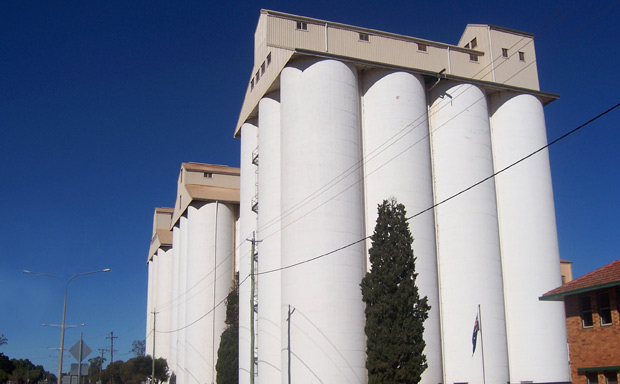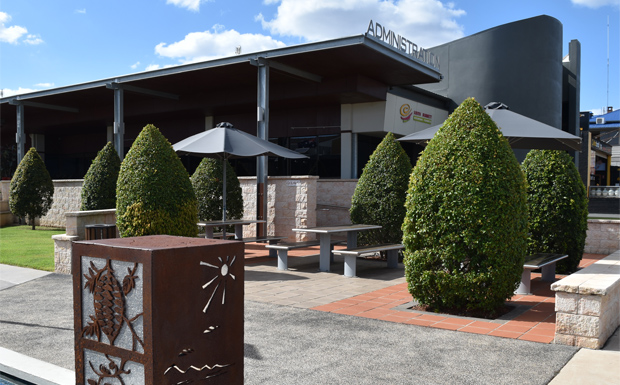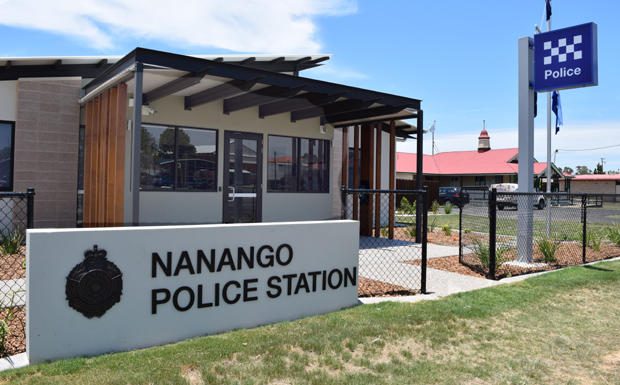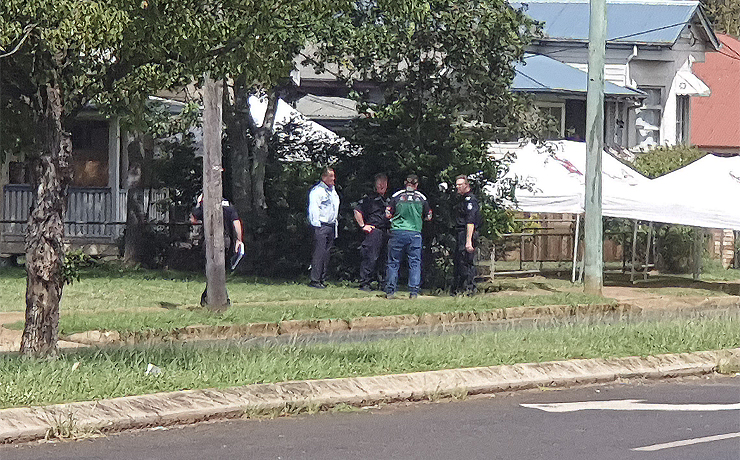
June 6, 2017
by Dafyd Martindale
Banning Argentine peanut imports could have a negative impact on the Australian peanut industry, according to the Kingaroy-based Peanut Company of Australia.
Recently some South Burnett peanut growers called for a halt to the import of peanuts from Argentina because there was a risk of introducing peanut smut into the country.
Peanut smut is a crop disease that can lower peanut production by between 10 and 20 per cent; it now affects almost all Argentina’s peanut growing regions, and outbreaks have been detected in neighbouring countries.
While the disease is not present in Australia, recent biosecurity breaches such as the white spot disease hitting the farmed prawn industry, or panama disease in banana plantations, have made farmers wary.
And politicians have echoed the concerns (see below).
However, the Peanut Company Of Australia (PCA) cautioned a blanket ban on Argentine peanuts had the potential to have a negative impact on the industry.
PCA CEO John Howard said Australia was forced to import peanuts because domestic production only meets 30 to 40 per cent of domestic demand.
The situation has not been helped by several poor seasons for growers in recent years, he said.
As a result, any ban could have “potentially negative impacts” on processors.
He said the biggest thing was the protection of the Australian industry but “we must be prudent”.
Mr Howard said PCA was a large importer of blanched Argentine peanuts so appropriate risk management was important.
“We are in communication with the federal Department of Agriculture and Biosecurity Australia,” he said.
Mr Howard said PCA employs 180 staff at its Kingaroy processing facility.
* * *
Farmers’ concerns about the potential impacts of peanut smut disease have been echoed by Member for Nanango Deb Frecklington and Shadow Agriculture Minister Dale Last.
They called on the Federal Government to suspend all peanut imports from Argentina pending an immediate review of all associated risks.
“The South Burnett is a major peanut growing region and local growers have approached me about their very real concerns,” Mrs Frecklington said.
“The big danger is that if smut became established here, there is no way it could be eradicated.
“It is a disease that causes big production losses, and once land becomes infected it has to be taken out of production, so we need to keep our peanut industry smut-free.”
A spokesperson for the federal Department of Agriculture told the ABC:
“Australia operates a risk-based biosecurity system that allows us to respond to new and emerging international pest and disease threats.
“Raw peanuts can only be imported into Australia under a valid import permit issued by the department and when assessing import permit applications, the department assesses the biosecurity risk posed and assigns import conditions to manage these risks.
“Raw peanuts imported for processing are subject to stringent import conditions and requirements to manage the risk of pests and diseases. This includes the requirement that all consignments must be processed in a facility that has been approved by the department for the processing of raw peanuts. To be approved, a facility must demonstrate that they have procedures in place to manage the biosecurity risks.
“The department conducts regular audits of these facilities to ensure that they are meeting the conditions and requirements specified.”
Mrs Frecklington said Kingaroy growers were not impressed with the Department’s comments about “risk-based biosecurity” and the government’s ability to respond to “new and emerging international pest and disease threats”.
“Until there can be an iron-clad guarantee from Canberra that there is no risk from bringing smut in from Argentina, then imports should cease,” Mrs Frecklington said.
LNP Shadow Agriculture Minister Dale Last said imports of raw and unshelled nuts posed an unaccepted risk to Queensland’s peanut industry.
“Pending the outcome, (a) review could facilitate resumption of imports of lower risk processed peanuts,” Mr Last said
“The last thing Queensland agriculture needs is another exotic disease or pest. If there’s any level of risk, then imports must stop.”























